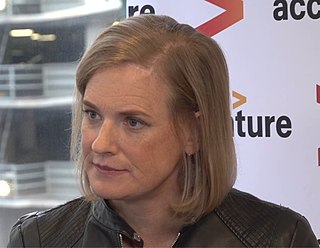A Quote by Raj Chetty
Every extra year you spend in a better environment makes you more likely to go to college, less likely to have a teenage pregnancy, makes you earn more as an adult, makes you more likely to have a stable family situation, be married, for instance, when you're an adult.
Related Quotes
People who graduate are more resilient financially, and they weather economic downturns better than people who don't graduate. And, throughout their lives, people who graduate are more likely to be economically secure, more likely to be healthy, and more likely to live longer. Face it: A college degree puts a lot in your corner.
It's an empirical question whether training makes one more or less likely to get in a fight outside the gym. In some ways, I'm probably more likely to get into a fight, because I feel more competent, and I know what it's cost me in the past to back down from fights, and I don't want to feel that way.





































